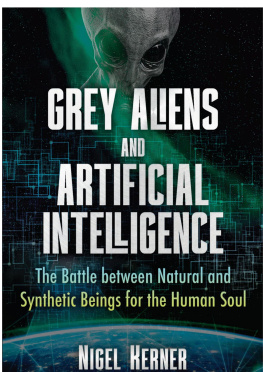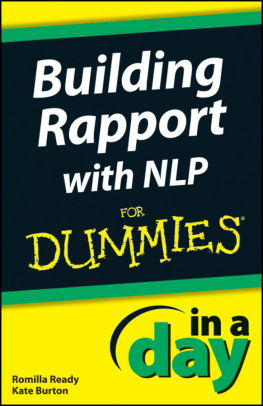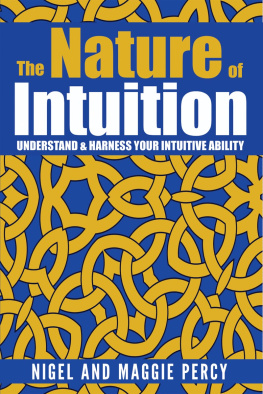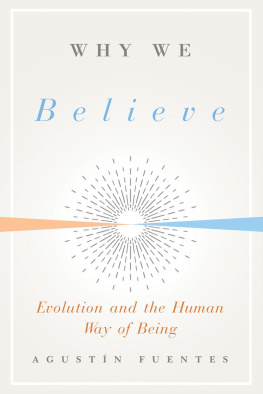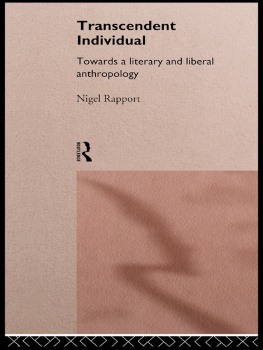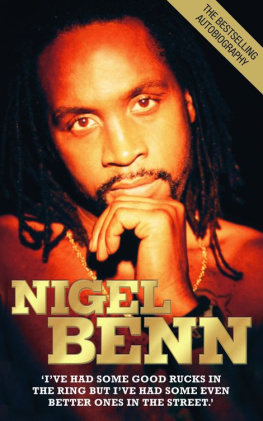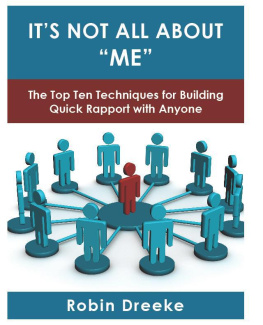Methodology and History in Anthropology
General Editor: David Parkin, Fellow of All Souls College, Oxford
For full volume listing, see pages 237 and 238.
HUMAN NATURE AS CAPACITY
Transcending Discourse and Classification
Edited by
Nigel Rapport
First published in 2010 by
Berghahn Books
www.berghahnbooks.com
2010, 2013 Nigel Rapport
First paperback edition published in 2013
All rights reserved. Except for the quotation of short passages for the purposes of criticism and review, no part of this book may be reproduced in any form or by any means, electronic or mechanical, including photocopying, recording, or any information storage and retrieval system now known or to be invented, without written permission of the publisher.
Library of Congress Cataloging-in-Publication Data
Human nature as capacity : transcending discourse and classification / Edited by Nigel Rapport.
p. cm. -- (Methodology and history in anthropology)
Includes bibliographical references and index.
ISBN 978-1-84545-637-5 (hbk.)--ISBN 978-0-85745-810-0 (pbk.)
1. Anthropology--Philosophy. 2. Human behavior--Philosophy. I. Rapport, Nigel, 1956-
GN33.H94 2010
301.01--dc22
2010006440
British Library Cataloguing in Publication Data
A catalogue record for this book is available from the British Library
Printed in the United States on acid-free paper.
ISBN: 978-0-85745-810-0 (paperback) ISBN: 978-0-85745-834-6 (retail ebook)
how we live measures our own nature
Philip Larkin
LIST OF ILLUSTRATIONS
LIST OF CONTRIBUTORS
Vered Amit is Professor of Anthropology at the Department of Sociology and Anthropology, Concordia University, Montreal.
Nelson Ferguson has been a Fellow of the Concordia Centre for Cosmopolitan Studies, Montreal, and is now a member of the Department of Social Anthropology, York University, Toronto.
Andrew Irving is RCUK Fellow and a member of the Granada Centre for Visual Anthropology, Manchester University.
Tord Larsen is Associate Professor of Anthropology at the Department of Social Anthropology, Norwegian University of Science and Technology, Trondheim.
Trevor Marchand is Senior Lecturer in Social Anthropology at the Department of Anthropology and Sociology, School of Oriental and African Studies, London University.
Nigel Rapport is Professor of Anthropological and Philosophical Studies, and Director of the Centre for Cosmopolitan Studies, at the University of St Andrews.
Jonathan Skinner is Lecturer in Social Anthropology at the School of History and Anthropology, Queens University, Belfast.
Laura Suski is Instructor in the Department of Sociology at Vancouver Island University, British Columbia.
Thomas Wilson is Professor of Anthropology at the Department of Anthropology, State University of New York, Binghamton.
Introduction
HUMAN CAPACITY AS AN EXCEEDING, A GOING BEYOND
Nigel Rapport
The Nature of the Human
The issue of human nature, what it is to be human, has been the central enterprise of an anthropological science nominally, at least since Immanuel Kant's (1996) first, modern formulation of the disciplinary endeavour in the late 1700s. At the same time it has been argued that in human nature anthropology conjures with a concept compromised beyond redemption by its essentialistic, hierarchical and exclusionary history: its role in an imperialism of male over female, adult over child, advanced over primitive, Occidental over Oriental, rational over emotional, and conscientious over brutish, as representative of the essentially human. Others again would contend that its very unscrupulous usage, its ubiquity, makes the concept of human nature necessary for anthropology to unpack, if not rehabilitate. Indeed, the impurity of the concept is perhaps an additional attraction: a fitting conceptualization for a human condition equally impure in its complex amalgams of objectivity and subjectivity, knowledge and desire, science, morality and taste. Recently Maurice Bloch called for a rehabilitation of human nature whose study represents anthropology's ultimate aim and core concern, its anchor and its centre (2005).
The position adopted by the present volume is that the term deployed is not the fundamental issue. We are all human, Ernest Gellner urged shortly before his death (1993:3), and we should not take any more specific classifications seriously. Robin Fox (2005:7) has recently claimed a nature/nurture dialectic as fundamental to an anthropological project and as remaining unresolved (2005:7). Marilyn Strathern (1980) has seen sense only in recognizing the simultaneity of natureculture, with no possible either/or. The cosmopolitan is a term to which a number of contributors to this volume turn, recalling Kant's projection of inextricable links between human being in its local diversity (polis) and its global commonality (cosmos): the cosmopolitan was the general human being, Everyman, identifiable at once as possessing immediate, everyday attachments and as not limited or overwritten by these. More important than the particular term employed is the intent to address the generality of the issue of what it is to be human, the singularity of the phenomenon. An alternative title to the volume might be: Claiming the Human: Anthropological Reflections upon a Complex, Cosmopolitan Singularity.
The core thesis of the volume is that anthropology apprehends the human as a complex singularity not on the basis of the substance of a human nature To be human is to be like this, to want this, to have this but in terms of species-wide capacities: capabilities for action and imagination, say, liabilities for suffering and cruelty. A focus on capacities rather than substance provides a way to bring the nature of the human again to the centre of anthropological deliberation without revisiting the culs-de-sac that some have felt arguments over the proportionate mix of nature as against nurture came to represent.
One could frame the approach as follows: There is an intrinsic openness to animal life. The animal's nervous system translates into the organism being at the centre of a two-way traffic of information and energy constantly crossing the integument of the skin. An organism is not made distinctive by the existence of a boundary, a skin, animal physiologist Scott Turner explains (2000), but by way of what its boundary does: exert an active, adaptive control over the flows of matter and energy such that the organism's internal state is regulated in the face of changing external conditions. More than this, regulating the flows of energy and matter across its boundary effects an orderliness in nature such that the generating organisms may be described as architects and engineers of their environments (Turner 2000:7; cf. Rapport 2003:2206). To be human is to have the capacity to attend to the world in a particular way: to direct that traffic and have it directed with unique subtlety, complexity and flexibility. Beyond the animal necessity to be-in-the-world in specific ways is a human capability, and liability, to create diverse possibilities of attentiveness and to suffer diverse constraints. Human beings have unique capacities to become: they can be uniquely fulfiled and thwarted.




